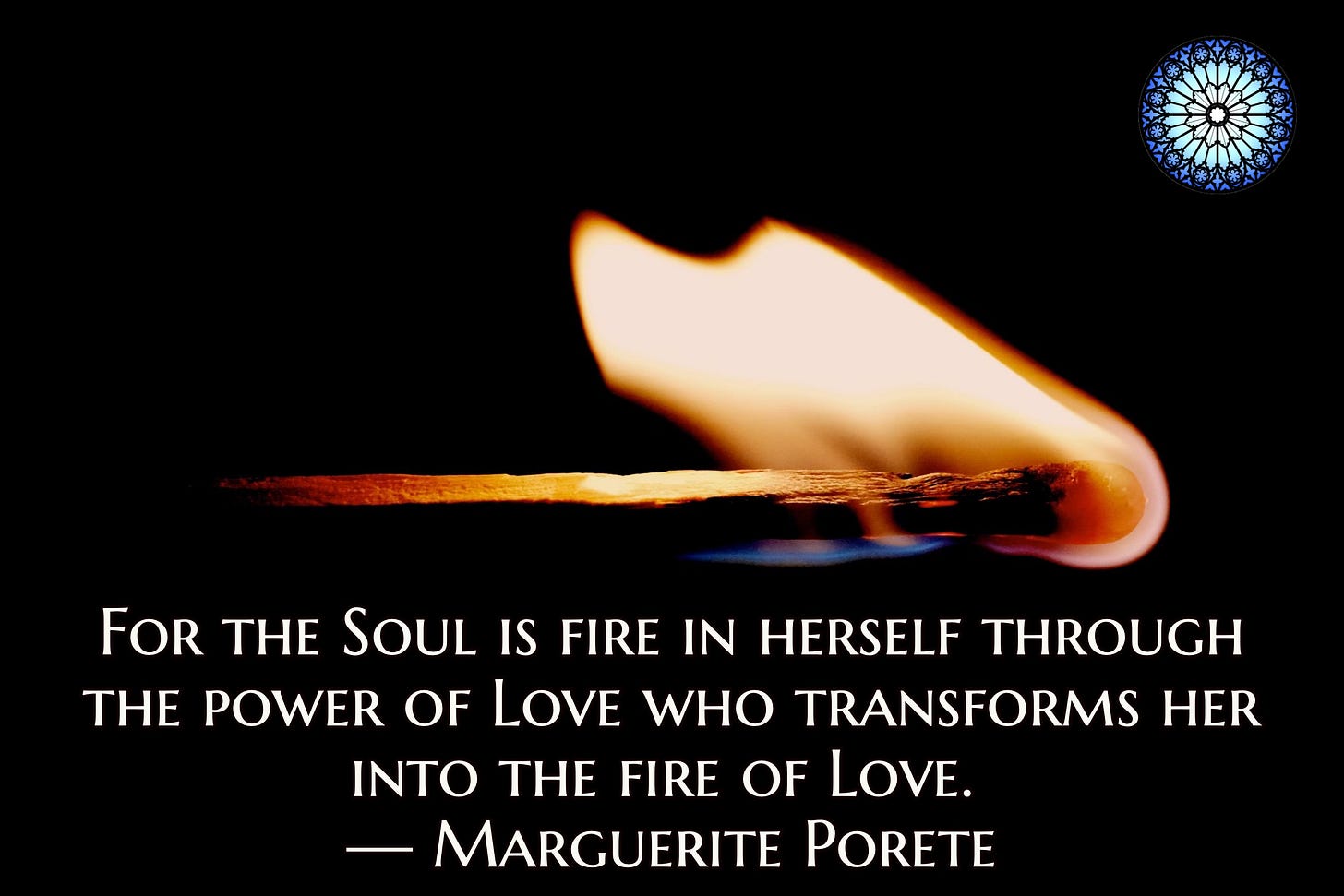For the soul is fire...
A Medieval "Heretic" Offers Us Words of Perennial Wisdom
Many mystics, from Meister Eckhart in the 14th century to Pierre Teilhard de Chardin six centuries later, have been viewed with suspicion by zealous theologians or bishops who often as not simply did not understand that depth of their spiritual insight — or devotion to God. Fortunately, most of the time when mystics were challenged for their supposed la…




